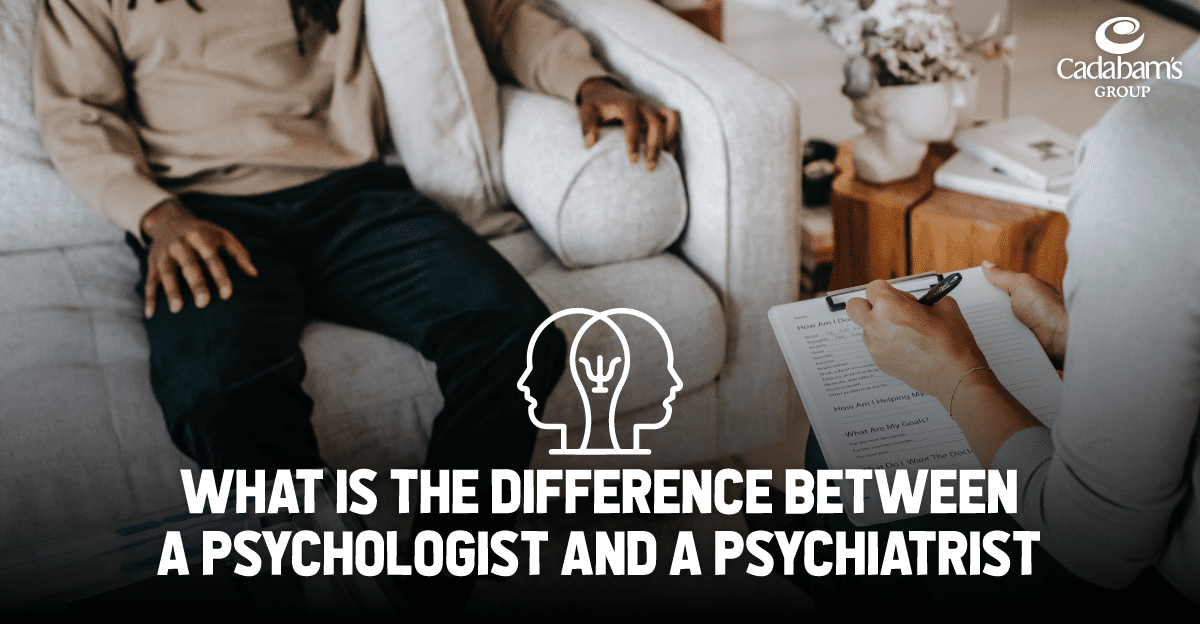Psych Treatment: A Comprehensive Overview to Techniques and Results

Cognitive-Behavioral Treatment
Cognitive-Behavioral Treatment (CBT) is a widely made use of psychotherapeutic technique that concentrates on identifying and changing dysfunctional reasoning and habits patterns. Developed in the 1960s by Aaron T. Beck, CBT incorporates behavioral and cognitive concepts to resolve different mental wellness concerns, including depression, anxiety, and stress-related problems. The premise of CBT is that maladaptive thoughts add to psychological distress and maladaptive actions. By reorganizing these ideas, people can attain significant renovations in their emotional well-being and day-to-day functioning.
CBT is characterized by its structured, goal-oriented nature. Treatment commonly involves a collaborative process between the therapist and client, where specific issues are determined, and useful techniques are established to address them. Strategies such as cognitive restructuring, exposure therapy, and skill-building exercises are generally used. Cognitive restructuring involves difficult and modifying negative idea patterns, while direct exposure therapy intends to reduce worry and anxiousness via gradual exposure to been afraid circumstances or things.
Evidence-based study supports the effectiveness of CBT for a wide variety of emotional conditions - Best Psychologist in Delhi. Its emphasis on skill purchase and self-help techniques empowers clients to proceed development independently after treatment wraps up. The adaptability and effectiveness of CBT have made it a keystone in modern psychotherapeutic method
Psychodynamic Approaches
Rooted in the early concepts of Sigmund Freud, psychodynamic approaches concentrate on discovering the unconscious mind and its influence on actions and emotions. These techniques intend to reveal concealed thoughts and sensations that may be driving maladaptive actions and mental distress. Central to this approach is the principle of internal conflict, typically stemming from unresolved past experiences, particularly those from childhood years.
Therapists making use of psychodynamic methods employ several crucial methods, including free organization, where patients are motivated to talk openly to expose subconscious material, and dream evaluation, which translates the latent material of dreams. Additionally, the exploration of transfer and countertransference characteristics within the healing connection is critical. These interactions can supply understandings into the individual's inner globe and relational patterns.
Psychodynamic therapy is usually longer-term contrasted to various other modalities, using a deep and comprehensive understanding of the individual's psyche. Research study suggests that it can be specifically reliable for complicated psychological wellness concerns, such as individuality disorders and chronic anxiety. By promoting self-awareness and emotional insight, psychodynamic therapy seeks to bring subconscious material to consciousness, enabling people to attain long lasting and meaningful change in their lives.
Humanistic Techniques
Building on the structures laid by psychodynamic strategies, humanistic strategies supply a distinctive viewpoint concentrated on private prospective and self-actualization. Originating in the mid-20th century, these techniques focus on the integral benefits and growth potential of people, stressing an all natural view of human experience. Secret figures such as Carl Rogers and Abraham Maslow have significantly influenced this therapeutic strategy, which click for more includes approaches like client-centered therapy and Gestalt treatment.
Client-centered therapy, developed by Rogers, plays a crucial duty in humanistic strategies. It counts on the therapist supplying an atmosphere of unconditional favorable regard, compassion, and harmony. This fosters a secure space for clients to discover their feelings and experiences without judgment, promoting self-discovery and personal growth. The specialist's role is even more of a facilitator than an authority, encouraging customers to harness their inner sources for healing.
Gestalt therapy, an additional important humanistic strategy, highlights existing minute understanding and the integration of body and mind. By concentrating on the "present moment," customers get better insight right into their existing emotions and habits. Strategies such as role-playing and directed visualization are frequently utilized to aid clients acquire a much deeper understanding of themselves, inevitably resulting in improved self-awareness and fulfillment.
Integrative Therapies
Integrative treatments linked here represent a synthesis of different restorative strategies tailored to meet the distinct demands of each customer. This approach acknowledges the complexity of human psychology and the diverse nature of psychological wellness concerns. By incorporating components from different schools of psychotherapy-- such as cognitive-behavioral therapy (CBT), psychodynamic therapy, and humanistic techniques-- integrative treatments use an even more holistic and flexible treatment standard.
Specialists of integrative therapy evaluate each client's particular requirements, signs, and personal history to develop a personalized treatment plan. This individualized strategy enhances the potential for therapeutic success by addressing the source of psychological distress and promoting general well-being. Strategies might consist of mindfulness exercises, cognitive restructuring, and emotional processing, each chosen to target various aspects of the client's problems.
Additionally, integrative therapies highlight the healing connection, checking out the client-therapist bond as a critical part of reliable therapy. This relationship fosters an encouraging atmosphere where customers really feel risk-free to check out and address their problems. The versatility of integrative therapies makes them ideal for a broad range of problems, including anxiousness, anxiety, injury, and social difficulties, therefore enhancing their applicability and effectiveness in varied scientific settings.

Gauging Treatment Outcomes
Reviewing the efficiency of psychotherapy is critical for both customers and clinicians to make sure that the treatment is producing the desired results. To achieve this, different methods and tools are used to determine treatment results systematically. Standard analysis instruments, such as the click reference Beck Clinical Depression Inventory (BDI) and the Generalized Stress And Anxiety Problem 7 (GAD-7), offer measurable data on sign extent and changes with time.
Along with standardized devices, qualitative approaches like client self-reports and scientific meetings offer useful understandings into the personal experiences and viewed progression of customers. Frequently arranged analyses, generally at the start, middle, and end of therapy, help in tracking the trajectory of enhancement or recognizing locations requiring adjustment.
Outcome measurement is not limited to sign decrease; it likewise incorporates functional enhancements in everyday life, such as much better social partnerships, raised job productivity, and enhanced overall well-being. Modern developments in digital health and wellness have actually introduced mobile apps and online platforms that facilitate real-time monitoring and feedback, further refining the analysis procedure.
Eventually, a detailed technique to gauging treatment end results makes certain that healing treatments are efficient, effective, and tailored to fulfill the specific requirements of clients, thereby maximizing the total restorative experience.
Conclusion
Humanistic techniques concentrate on individual growth and self-actualization, while integrative treatments incorporate several approaches for tailored treatment strategies. Evaluating therapy end results through qualitative techniques and standard analyses guarantees a thorough understanding of effectiveness, eventually assisting customers toward enduring mental wellness renovations.
From the structured method of Cognitive-Behavioral Treatment (CBT) to the deep expedition of the subconscious in psychodynamic treatment, each method brings distinct benefits. Its focus on ability procurement and self-help strategies empowers clients to continue development separately after treatment ends (Best Psychologist in Delhi). Trick numbers such as Carl Rogers and Abraham Maslow have actually substantially influenced this therapeutic method, which incorporates approaches like client-centered therapy and Gestalt treatment
